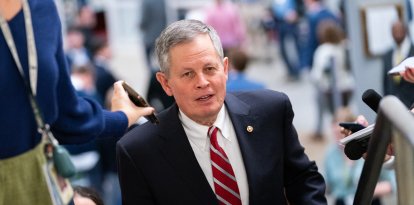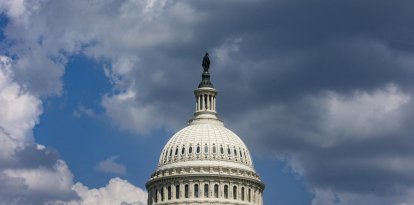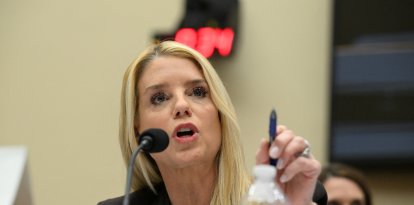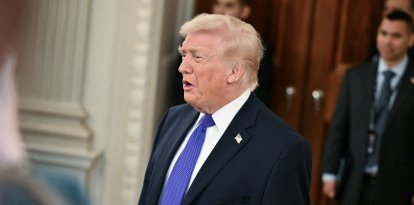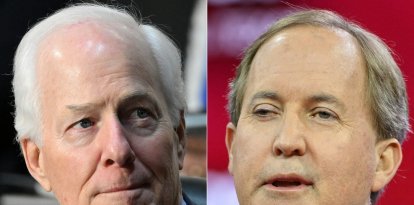Controversy over appointment of academic who targets ‘white empiricism’ and accuses Israel of ‘genocide’ to US government physics panel
Chanda Prescod-Weinstein's appointment, made in 2024 under the Biden Administration, has generated criticism from experts who question both her academic background and her views on the relationship between science, race and gender.

Chanda Prescod-Weinstein, cosmologist and professor at the University of New Hampshire.
The recent appointment of Chanda Prescod-Weinstein, a cosmologist and professor at the University of New Hampshire, to an influential advisory panel on high-energy physics for the US Department of Energy has sparked fierce controversy within the scientific community, the Washington Free Beacon reported.
Her appointment, made in 2024 under the Joe Biden Administration, has generated criticism from experts who question both her academic background and her views on the relationship between science, race and gender.
The panel, known as the High Energy Physics Advisory Panel (HEPAP), plays a key role in the distribution of funds for particle physics research, making the selection of its members a highly relevant issue. Prescod-Weinstein has been a controversial figure within academia, particularly for her statements on the impact of "white empiricism" on scientific objectivity, for her criticism of the lack of diversity in disciplines such as string theory, and for her strong attacks on Israel.
In a paper published in 2020, the physicist argued that the concept of "white empiricism" has undermined Einstein's theory of general relativity. She also argued that string theory has not made the expected advances because of the homogeneity of its community, composed mostly of white men. These assertions have been questioned by numerous scientists, who consider that the lack of progress in this field responds to the inherent complexity of the subject and not to sociocultural factors.
Princeton mathematician Sergiu Klainerman called Prescod-Weinstein's positions "racialist and sexist," and questioned whether a person with such ideas could influence key decisions at the Department of Energy, the Washington Free Beacon noted.
Other experts, such as University of Chicago geophysicist Dorian Abbot, avoided referring directly to the scientist, but stressed the importance of the panel remaining free of political influence and that appointments be based solely on academic merit, the US news portal added.
The debate over her role in HEPAP takes on particular relevance in a political context in which former President Donald Trump has stated his intention to eliminate all diversity, equity and inclusion (DEI) initiatives within the federal government should he return to the White House. While Prescod-Weinstein does not hold a position directly related to these programs, her activism on racial and gender justice issues has made her a target of criticism from those who see the influence of the DEI as a risk to scientific objectivity.
Strong criticism of Israel
Beyond her controversies in physics, Prescod-Weinstein has also generated controversy for her views on international politics and civil rights. After the October 7 massacre perpetrated by Hamas against Israel, the researcher spoke out on social networks in support of pro-terrorism protest movements on US college campuses, stating that students "have sacrificed to fight back against a genocide." Her stance has been criticized by various sectors, which consider that her comments supported antisemitic positions.
Indeed, speaking to the American Jewish newspaper Forward, she said, "White Jews may not live at the center of the tent of whiteness, but they are still white." She added, "When white Jews refuse to acknowledge that they benefit from and participate in white supremacy, they are wasting time that could otherwise be spent upending that white supremacy."
The controversy will continue
The Department of Energy, for its part, has avoided commenting on Prescod-Weinstein's political and social views. However, as reported by the Washington Free Beacon, the scientist participated in a December 2024 HEPAP meeting, where she weighed in on issues such as safety at Fermilab, a particle physics laboratory. During the meeting, she expressed concern about possible racial bias in security checks, adding a new point of contention to her already controversial presence on the panel.
With her tenure at HEPAP assured until 2027, barring possible intervention by a future Republican Administration, Prescod-Weinstein's appointment promises to continue to generate debate in academia and politics for years to come.














